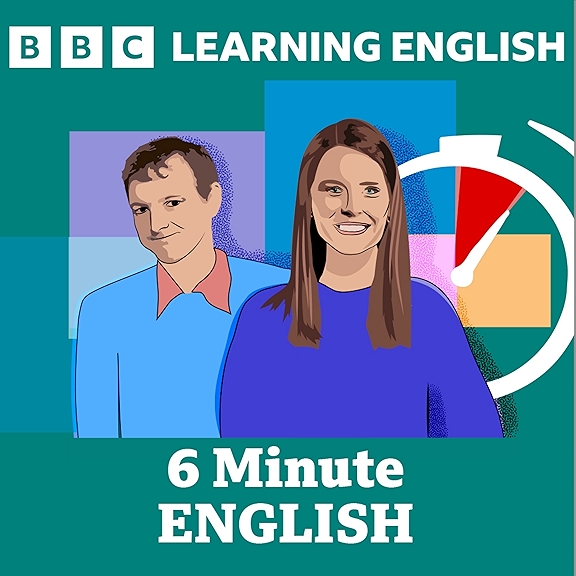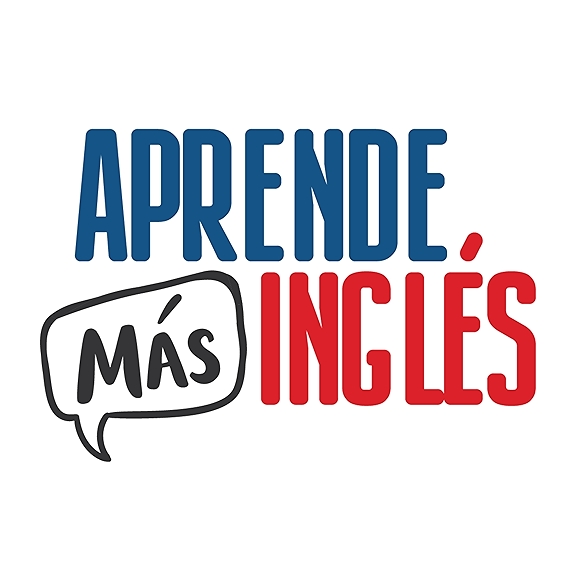
In this episode CHLL – Cally, Heather Lois and Louise – describe their plan to host intergenerational conversations with educators, artists, activists, community members, and youth to surface the wisdom needed to understand, adapt to, and solve the urgent issues facing humanity.
LINKS FROM THIS EPISODE
- Margaret Wheatley’s book, Turning to One Another, Simple Conversations to Restore Hope to the Future.
- BYU ARTS Partnership Website - advancingartsleadership.com and education.byu.edu/arts
WHO IS CHLL?
Heather Francis: I am so excited to be launching our first series of the CHLL podcast, and introducing ourselves to our listeners. CHLL is an acronym for the four of us, Cally, Heather, Lois, and Louise. We are all here, behind four microphones, in Cally’s basement in Salt Lake City.
Being a part of CHLL has been such a powerful experience. I like to consider myself as the “millennial-being-mentored,” as I’ve learned so much from being in relationship with these three beautiful, wise women. We aren’t just CHLL because it’s a cute acronym for our names, but because it’s truly a chill group where meaningful and curious conversations happen.
We are four white women. Collectively, we share over 125 years of professional experience and history in the field of arts and education. At our core we are educators, researchers, and administrators dedicated to integrated and culturally-responsive approaches to teaching and learning. We live in three parts of the country: Oakland, California; Cambridge, Massachusetts; and Salt Lake City, Utah. Over the last two years we have had honest, vulnerable, and courageous dialogue with each other every two weeks.
Cally invited me into this amazing experience. Cally Flox is the Founding Director of the BYU ARTS Partnership, where we both work, in the McKay School of Education at Brigham Young University. She is the author of “A Teacher’s Guide to Resiliency through the Arts” and an expert in arts education and brain compatible learning for children and adults.
HOW DID CHLL START?
Cally Flox: I met Lois Hetland in 2017, when we brought her in to be a keynote speaker for our Learning Edge Conference for administrators. Lois’s research about the arts as a way of thinking was critical for my understanding in making a case with educators and administrators about the essential role of the arts in a complete and well-rounded education. In the third edition of Lois’s book Studio Thinking 3: The real benefits of visual arts education, she and her coauthors identify eight Studio Habits of Mind and four Studio Structures. Originally developed at Project Zero at the Harvard Graduate School of Education, it gave arts educators a language for the critical and creative thinking that is uniquely cultivated in arts classrooms and supports deeper learning across the curriculum.
Lois’s work has made a huge contribution across the country and the globe. Lois has inspired networks of mathematics, history, liberal arts, and science educators in every state in this country and as far away as Europe, India, China, Hong Kong, Singapore, and South America, to collaborate with arts educators working to integrate the arts across the curriculum and engage students in thinking more deeply. It applies from pre-kindergarten through all levels of higher education.
Once I met Lois, she began introducing me to colleagues across the country. One such colleague was Louise Music. She lives in Oakland, California, and leads one of those networks of educators. My husband, Scott, and I attended Inventing Our Future, an annual Institute that Louise’s team organized every summer. Louise arranged for Scott and me to visit schools in Oakland the next fall, which was a remarkable experience. I had never seen such a direct correlation of what happened at an institute come alive in schools and classrooms. I saw quality artwork and culminating projects on the walls that were evidence of deep learning as described at the institute. There are few administrators who can honestly say that their programs change people and practice like I observed in school after school that I visited. I came home with a new vision of systemic change that continues to inform our work in the BYU ARTS Partnership.
When the pandemic hit and school districts and everything else had to shut down, Louise called me with an idea. She wanted to connect with Margaret Wheatley who lives here in Utah; Margaret writes about what people can do as the formal institutions and bureaucracies that are meant to support our communities are failing— in education, health, environmental, business, and civic sectors. Louise was looking for ways to keep our hopes up during those early days of isolation. She wanted me to contact Margaret Wheatley but I said, “Louise, you have Margaret Wheatley’s ideas and teachings within you already. I think you just want a group of people to make meaning with.” So we called Lois and began meeting every other week on Zoom, having these very intimate and honest two-hour conversations. Together, we read Margaret Wheatley’s book, Turning to One Another, Simple Conversations to Restore Hope to the Future. The three of us had deep, thought-provoking, and fascinating conversations. To propel our conversations forward, I needed my right arm, Heather, to join us. Heather brought technology and organizational skills that helped us gel, as well as a younger, fresher perspective that made us click. CHLL was born!
CHLL’S DRIVING QUESTION
Lois: I remember once you came into the group, Heather, I was mesmerized by what you brought to our back and forth discourse, like Padlet, Marco Polo, and Quirkos… I was like, “Ooh, how can I use these technologies?” I started mixing them into the courses I was teaching at the Massachusetts College of Art and Design.
It became clear to all of us that the act of conversation itself was intrinsically nurturing and generative, and we had lots of flexible tools for documenting our ideas and continuing our open-ended thinking.
Once the summer of 2020 exploded, with people marching in the streets to protest the murder of George Floyd, and when the long overdue racial reckoning began to spread across the country, we realized that while we had all been working for decades on issues of equity to transform public education, we had so much more to learn and do. And especially for Louise and myself, who were in the midst of exiting our institutional roles in administration and teaching, this question emerged, “What is the best use of our privilege, experience, and time to meet this moment of existential reckoning and to support the transition to sustainable, life affirming systems, nationally and globally?”
We all shared the belief that addressing the problems in education—which were all too familiar to us throughout our professional careers, experience, and study—was necessary to help people consider, adapt to, and solve urgent issues facing humanity, now and in the future.
Heather, you were a catalyst. You pushed us to move beyond the conversation among the four of us and to think about what we were actually going to do. You helped us get excited about podcasting as a form of artistic social practice. I saw how podcasts could support expansive, imaginative, open-ended spaces for multiple voices and perspectives. You really helped me see that younger people and older people bring complementary strengths that make our efforts to create a better world stronger. We need to be in close relationship with each other.
CREATING A COMMUNITY THROUGH GENERATIONAL FOCUS GROUPS
Louise: I agree with you, Lois. Heather suggested we need a community of support, almost like a think tank, to move forward responsibly. We decided to share our ideas with a set of generational cohort groups to see if what was important to us held value with others. We made a list of friends and colleagues, and over the last year, we have had new conversations in cohort groups with 24 people that include members of the Gen Z, millennial, Gen X, baby boomer, and greatest generations.
The conversations have been fascinating! I remember how we would turn off the recording and just look at each other on the screen in silence. Everyone was so generous with their time and ideas. They really seemed to enjoy the conversation, and they expressed deep appreciation for the opportunity. Meeting with the folks in these focus groups turned out to be a really terrific strategy to slow down and take the time to check out our intentions and our reasoning.
My friends, one thing that made a big impression on me was that whether it was high school students, millennials, or octogenarians, each group recognized and named as one of the most urgent issues in the world the inability to really listen to one another and tolerate differing perspectives.
Let’s listen to Grace Blumell, a high school student in Utah who was in our Gen Z focus group:
Grace Blumell: “We're so quick to discredit other people and tell them that the experiences they're having are not really what they're having. I think really listening and understanding people as best as we can, and not telling people that they're experiencing something when they're not experiencing something, I think that's an issue…we don't really listen and try to empathize with people as much as we should.”
Lois: To empathize with one another, we have to listen. This was a topic of conversation in every focus group when we asked about the challenges and opportunities in today’s world. From the boomers group, here’s my friend, Jim Reese, an educator from Washington, DC, who runs a network for public school educators:
Jim Reese: “You know, echo chambers and that kind of thing is a common thread here, and I think that finding ways to commit ourselves to to try to understand what other people think and why, and to have reasonable conversations around topics that we can engage in. Those kinds of things have just got to happen for us to ever get to some kind of shared societal communitarian kind of purpose that can make our lives worthwhile.”
Louise: All focus group members agreed that tapping intergenerational wisdom and creativity was essential for finding pathways to a more socially just and healthy world. Here’s my friend Rafael Jesús González, a poet and activist from our greatest generation focus group:
Rafael Jesús González: “We have to listen to our youth and have our youth listen to our old. We have a myth: that age brings wisdom. That's a myth, it does not—we've been governed by old fools for so long. It’s not age that brings wisdom. There are some young people who are much, much wiser than some Presidents.”
Lois: Jerry Kelly, a retired financial executive from the boomer group, sums up the impact of our failure to communicate on so many issues:
Jerry Kelly: “The fundamental issue that we have in the world is a failure to communicate. It can be within the classroom, within the Congress, within the church, within the neighborhood. Then, that feeds the dissent that we have on other important topics that are out there—the wealth gap—that has to change and that feeds right into education and the funding of education.”
Louise: And we have so much more to share from these amazing people’s voices, insights, and wisdom! In our next episode, we will dive deeper into the concerns and hopes discussed in our focus groups.




















